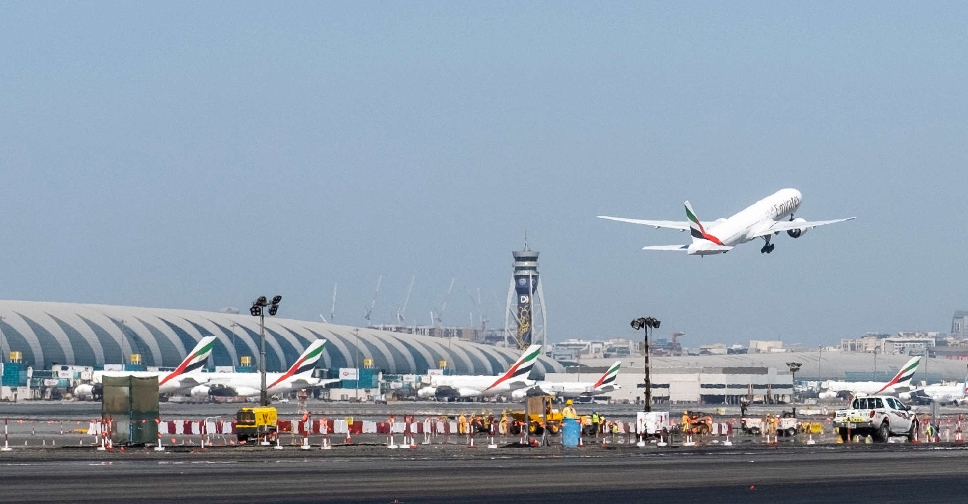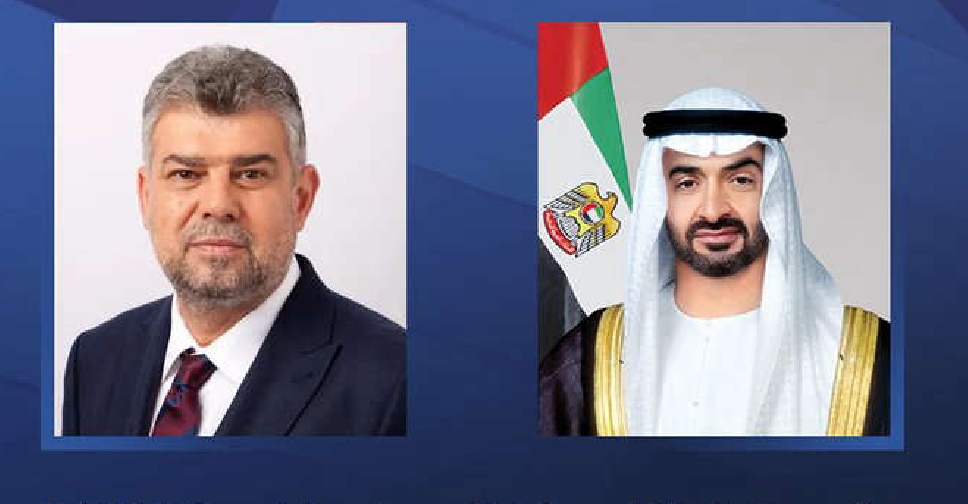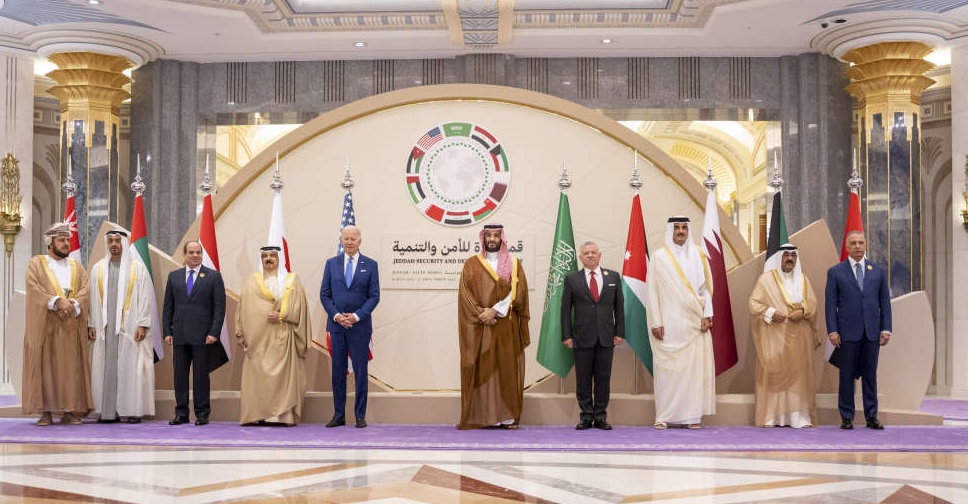
President Joe Biden and Saudi Crown Prince Mohammed bin Salman took a step to mending their troubled relationship with a fist bump, but the US leader left the kingdom on Saturday with few big successes and doubts as to whether the visit was worth it.
Biden's four-day trip to Israel and Saudi Arabia, his first to the Middle East as president, aimed to reset ties with the Gulf Arab oil giant, demonstrate US commitment to the region.
Though Biden left the Middle East without securing an immediate pledge by Saudi Arabia to boost oil output or public support for US efforts for a regional security axis that would include Israel, the trip was not a wash.
Biden's fist bump with Prince Mohammed in front of the royal palace in Jeddah will serve as the defining image of the trip, but it was months in the making.
In the end, they decided that keeping strategic ties with Saudi Arabia that have weathered 80 years was important for US interests and would help the two sides turn the page.
Riyadh took several important steps to pave a path for the visit, including backing a UN-brokered truce in the Yemen conflict, a big victory for Biden, who pulled US support for Saudi-led offensive operations. It also helped accelerate already approved boosts in oil production through OPEC+.
"The summit of the nine Arab leaders is a clear accomplishment as is the backing for the truce in Yemen. But these accomplishments have come at the cost of the fist bump," said Bruce Riedel, a foreign policy fellow at the Brookings Institution.
Biden came to Saudi Arabia hoping to convince the OPEC heavyweight to boost oil production, but the kingdom held firm on its strategy that it must operate within the framework of the OPEC+ alliance, which includes Russia, and not act unilaterally.
High gasoline prices have fueled a surge in inflation in the United States and globally, dragging down Biden's poll numbers as he heads into critical congressional elections in November.
However, White House officials are confident their diplomatic efforts will help shape the conversation when OPEC+ members hold their next meeting.
The trip saw a small warming of relations between Saudi Arabia and Israel after Riyadh said it would open its airspace to all air carriers, paving the way for more overflights to and from Israel.
There was also a US-brokered deal between Israel, Egypt and Saudi Arabia under which a small US-led international peacekeeping contingent would quit the strategic island of Tiran, control of which was ceded to Riyadh by Cairo in 2017.
On Thursday, the US and Israel also signed a joint pledge to deny nuclear arms to Iran.

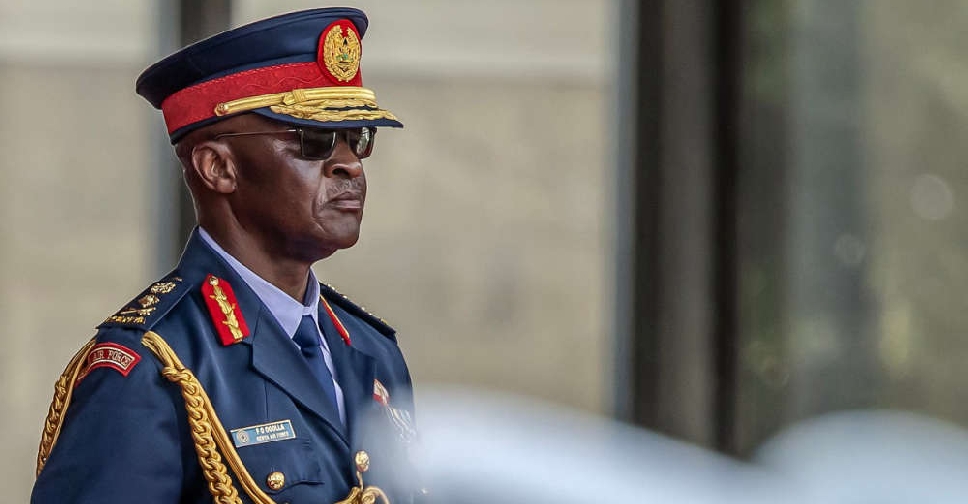 Kenya's military chief among 10 killed in helicopter crash
Kenya's military chief among 10 killed in helicopter crash
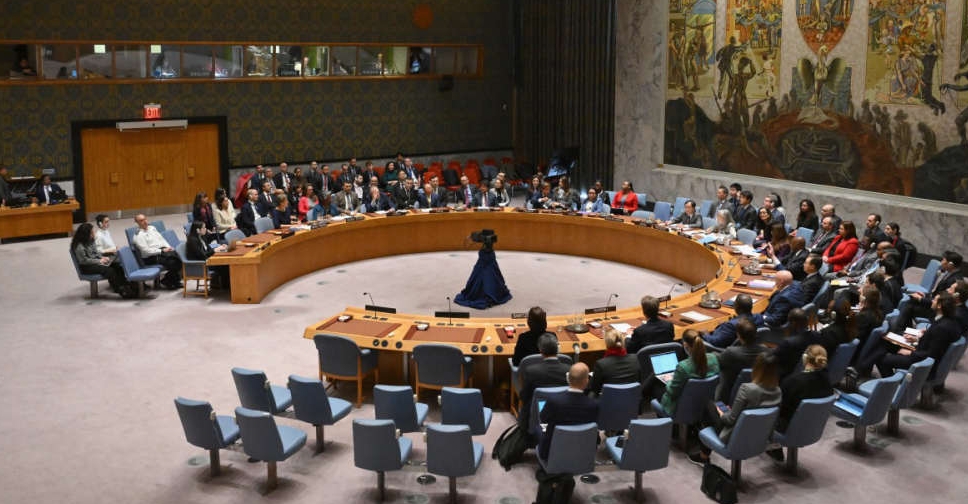 Security Council to vote on Palestinian UN membership
Security Council to vote on Palestinian UN membership
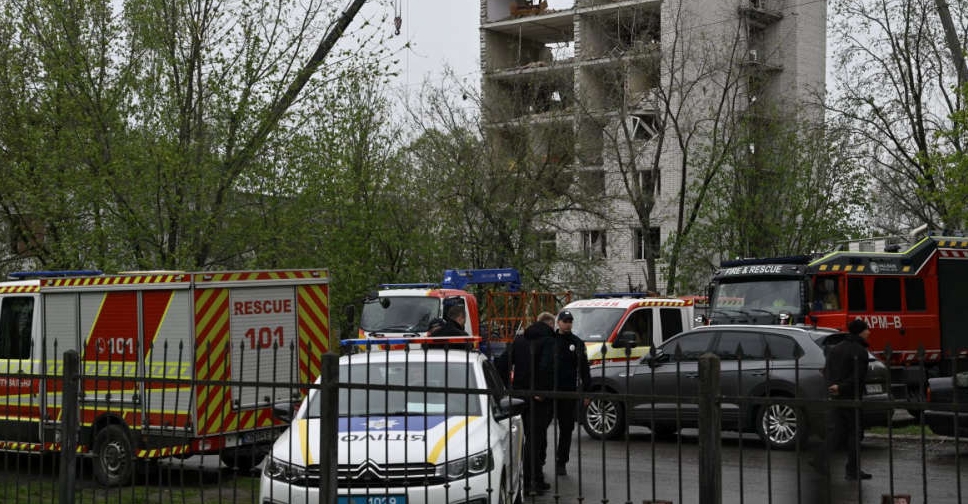 Toll from Russia's deadliest airstrike on Ukraine in weeks rises to 18
Toll from Russia's deadliest airstrike on Ukraine in weeks rises to 18
 UNRWA chief warns man-made famine tightening grip across Gaza
UNRWA chief warns man-made famine tightening grip across Gaza
 Indonesian volcano eruption forces evacuations, airport closure
Indonesian volcano eruption forces evacuations, airport closure
